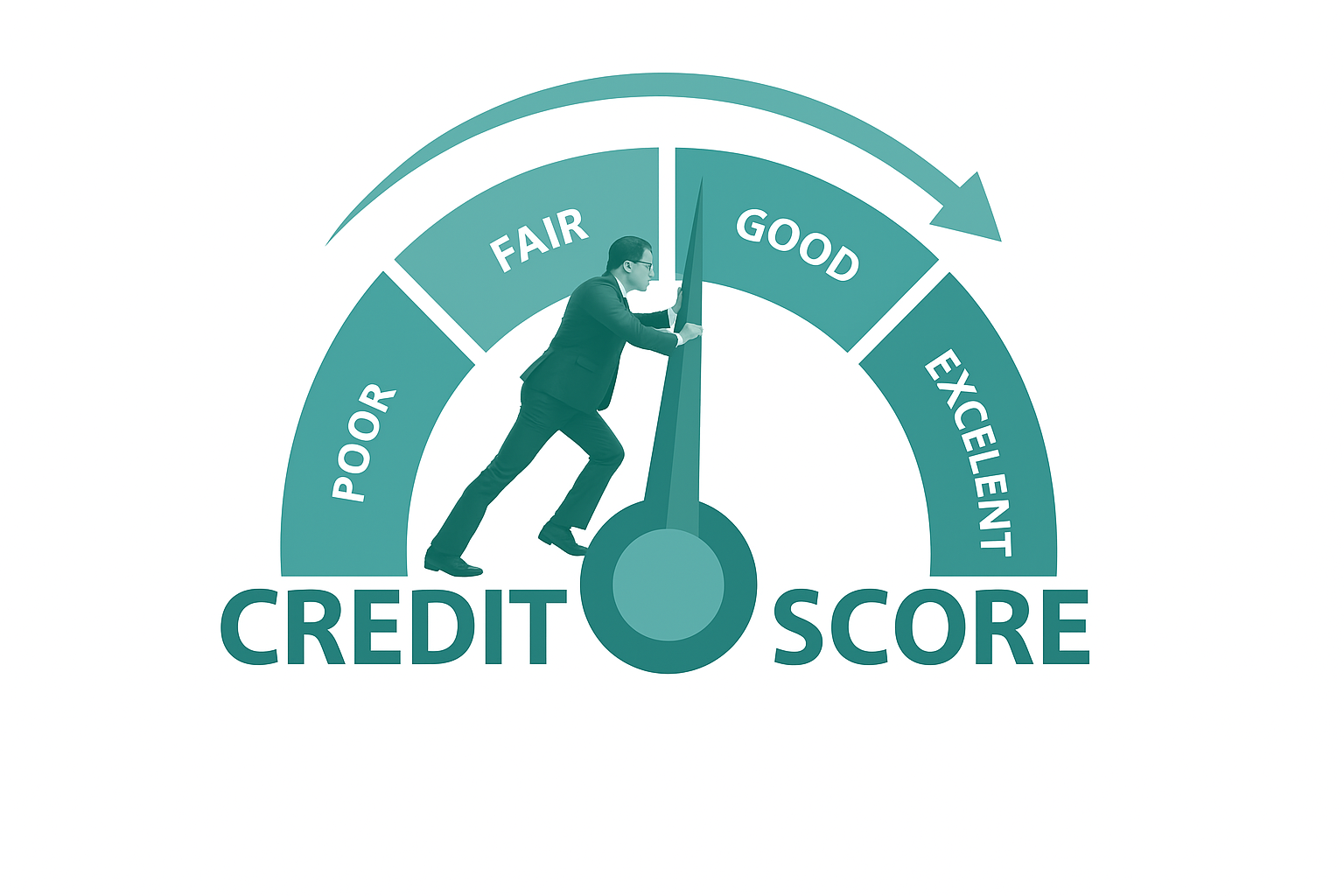Embarking on the journey of homeownership, whether it’s your first step onto the property ladder or your next move, can be filled with excitement and anticipation. However, it’s often accompanied by a plethora of myths and misconceptions that can cloud your path. In this guide, we’ll debunk 10 common myths surrounding buying a home, empowering you with the knowledge to make informed decisions and navigate the process with confidence. Let’s separate fact from fiction and pave the way to your dream home or next purchase!
- You don’t need a 20% deposit to buy a home. A broker will assess your circumstances and advise you on the deposit amount based on various factors. These factors include whether it’s a guarantor loan, the availability of government schemes, your profession, whether you’re a first home buyer or investor, and more. Your deposit requirement will be tailored to your specific situation, ensuring you’re well-informed and prepared for the journey ahead
- Full-Time Employment: While a steady income is important, it doesn’t necessarily have to come from a full-time job. Lenders consider various forms of income, including part-time work, self employed, or investments.
- Part-Time Job: Having a part-time job can actually strengthen your financial profile, lenders care about the income amount and are not too concerned with whether you are working part time or full time.
- Being on probation: at work doesn’t automatically disqualify you from getting a mortgage. Lenders may require additional documentation or assurances, but it’s still possible to secure financing.
- Excellent Credit Score: While a good credit score is beneficial, it doesn’t have to be perfect. There are loan options available for buyers with less-than-ideal credit scores.
- Partner: While buying a home with a partner can be advantageous, it’s not a requirement. Many people successfully purchase homes on their own.
- Credit Card: Having a credit card does not improve your credit score, however if you do have one, make sure you are making repayments on time as this is recorded for 2 years. Again, consult with you broker as there are possible solutions if there is a mark on your credit file.
- Minimal Liabilities: While reducing debts and liabilities is wise, having some debt doesn’t automatically disqualify you from buying a home. Lenders assess your overall financial situation, including your debt-to-income ratio.
- Bank Preference: While going to your bank may seem like the obvious choice, it’s not always the best option. Brokers have access to multiple lenders and can find the best mortgage product for your specific needs.
- Real Estate Market Timing & Perfect Property: Many believe they need to time the real estate market perfectly to buy a home and find their dream home right away. However, trying to predict market fluctuations can be challenging and may lead to missed opportunities. It’s often more important to focus on finding a home that meets your needs and budget rather than trying to time the market. Your first home may not be perfect, but it can be a stepping stone towards your long-term goals.
Curious as to how much you can borrow? Try our quick 6o second borrowing capacity – Click here





